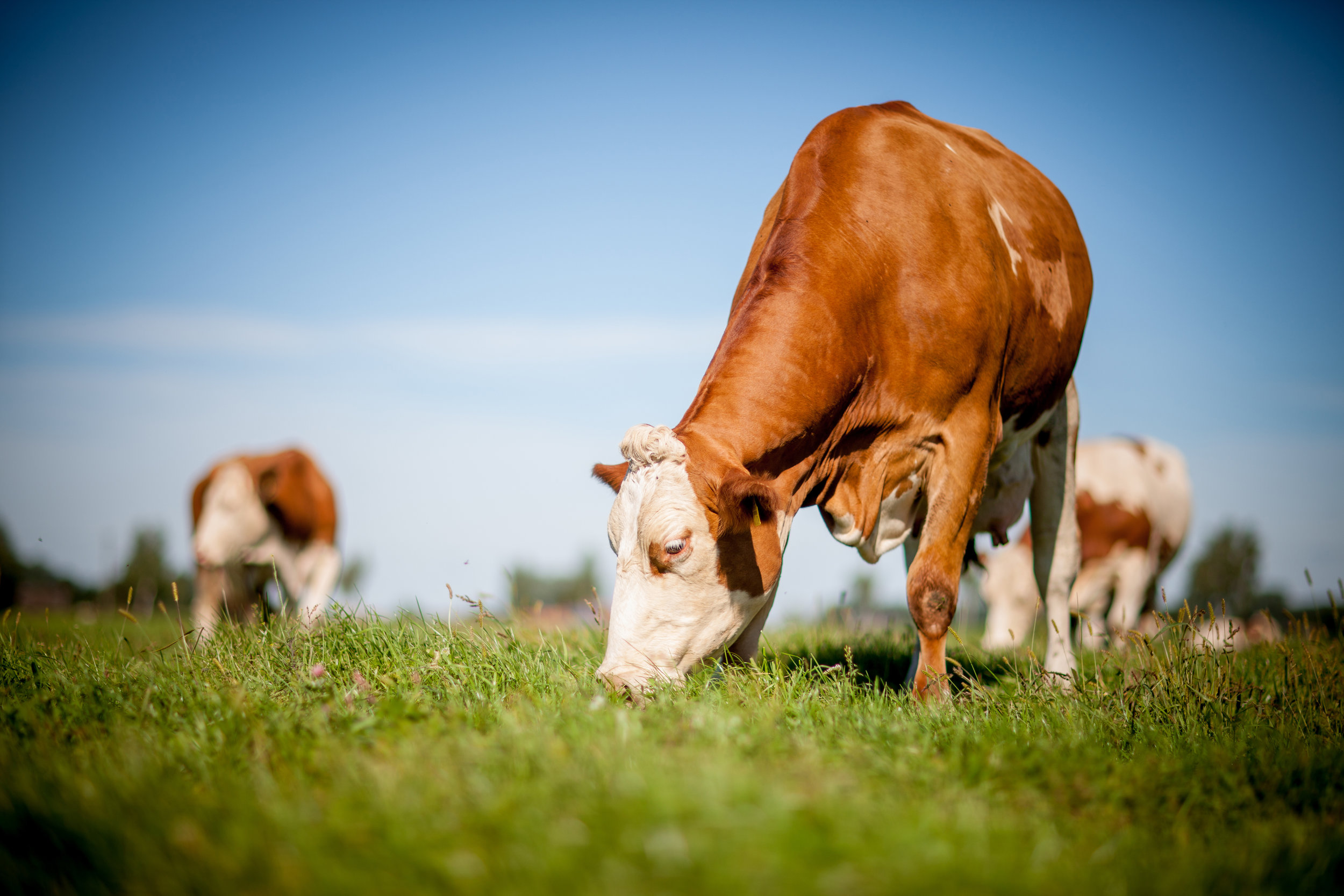Whole Foods for Thought: The Debate Over Quality Versus Quantity
You’ve probably heard by now that Amazon bought Whole Foods. The latter’s shareholders recently approved the transaction, and assuming regulators sign off on the deal, the creators of Man in the High Castle and the sellers of the Squatty Potty will now be joining you at the dinner table. Bon appetite :)
On the one hand, the deal is expected to make shopping at Whole Foods more affordable. Awesome! Consumers are already seeing markdowns on several food items including butter, bananas, and eggs. But there’s one nagging question out there that looms large: where would that money otherwise have gone? To the farmers? To its employees? And how will Amazon’s takeover impact the quality of food and the values that Whole Foods has stood by all these years?
At Allergy Amulet, we care about food quality and a healthy work environment. We also care about high-quality food being accessible and affordable to everyone! So naturally, we’ve been following this deal closely.
According to Jeff Wilke, CEO of Amazon’s worldwide consumer business, “[e]verybody should be able to eat Whole Foods Market quality—we will lower prices without compromising Whole Foods Market’s long-held commitment to the highest standards.” That’s all well and good, but there’s one problem with that statement: the inverse relationship between quality and quantity.
California’s first organic strawberry farmer, Jim Cochran, confronted this dilemma at his farm. To satisfy increasing demand for his strawberries at Whole Foods, Jim expanded his farm from four to 24 aces. Recognizing the problem between increased yield and berry quality, he scaled back to 12 acres to focus on quality over quantity.
Is it possible to produce high-quality strawberries on a massive scale?
Here’s an interesting fact: Americans spend less on food than people in any other country in the world. Indeed, most countries spend over 10 percent of their incomes on food, whereas Americans spend closer to 6%. Why is our food so cheap?
As Michael Pollan points out in Omnivores Dilemma, food is cheap because the true costs have been externalized—we still pay them, but instead of paying at the register, we pay in the form of rising obesity rates, cheap labor, and lax environmental and safety regulations. Consider too that between 1995 and 2010, the American taxpayers gave the agriculture industry roughly $262 billion in subsidies. This begs the question: is our food really that cheap?
Let’s say Amazon decides not to compromise on quality: who then is getting the short end of the stick with the lower price tag? There is some concern that the Whole Foods culture and workplace environment will soon change with Amazon in charge. After all, Whole Foods salaries average around $18 an hour, whereas Amazon pays on average $12 an hour (a figure below the national average). Amazon also has a reputation for grueling work conditions at its warehouses, and reports of intense surveillance and monitoring of its employees—another cause for concern.
At Allergy Amulet, our work lies at the intersection of food and health. We care about food quality and safety; we also appreciate that good food often costs more, and is not accessible to many Americans. For this reason, the conversation around food quality is an important one. Everyone deserves high-quality, nutritious food, but the question stands: how do we make that food affordable to everyone without compromising on quality or forfeiting the values underpinning good food like well-paid farmers, safe working conditions, humane animal treatment, and sustainable farming practices?
Hopefully, Amazon has the answer.
— Abi and the Allergy Amulet Team

